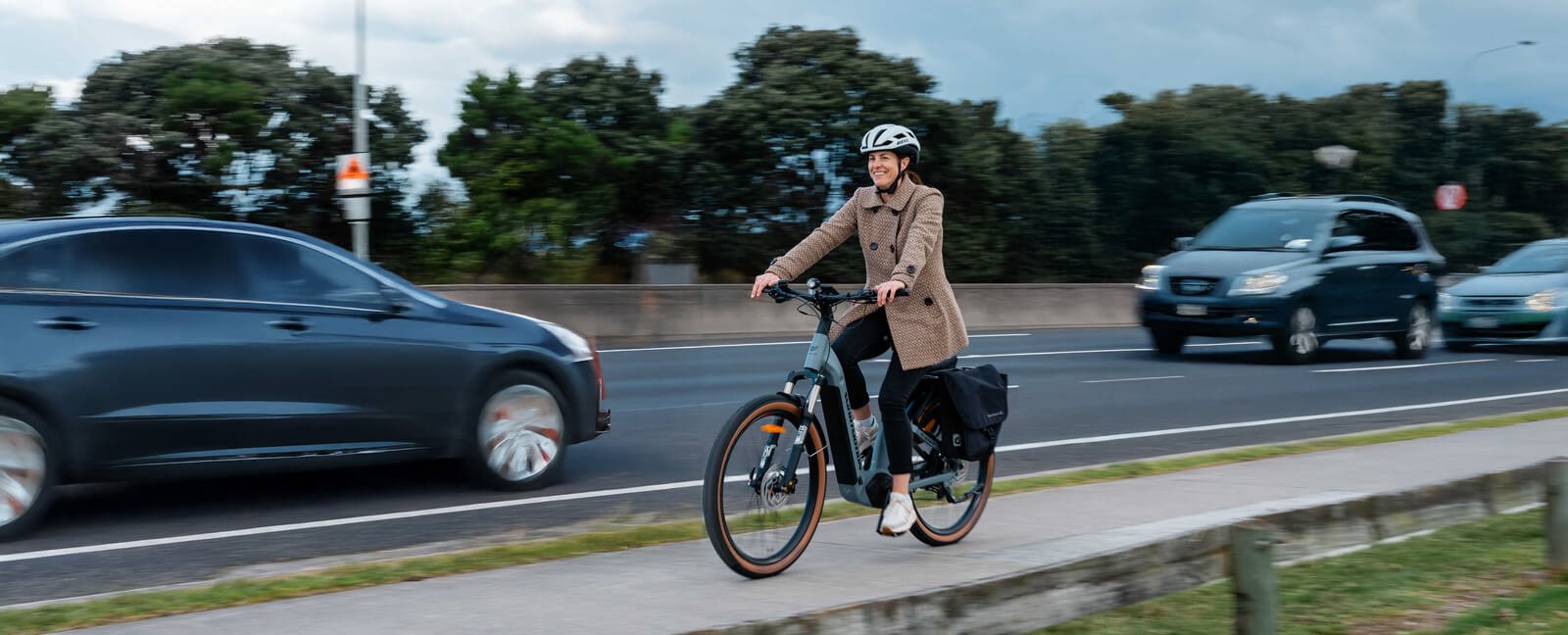FAQ
Everything you need to know about The Wheel Deal
Your Questions Answered
-
The Wheel Deal is a salary sacrifice programme that allows employees to purchase e-bikes or e-scooters at a reduced cost, spread over 12 months. Employees agree to a reduction in pre-tax salary, and the employer purchases the bike on their behalf, offering significant tax savings and discounts.
-
The scheme is available to all full-time and part-time permanent employees. Participation is subject to employer approval and an agreement to a 12-month salary sacrifice arrangement..
-
Employees can save up to 32% or more on the cost of an e-bike or e-scooter through pre-tax salary deductions, depending on their income bracket. This reduction is achieved by spreading the cost over 12 months.
-
Employees can choose from a range of e-bikes and e-scooters from selected suppliers. However, the scheme only covers the purchase of the vehicle itself, not accessories like helmets or locks.
-
If an employee leaves the company during the 12-month salary sacrifice period, they are required to pay the remaining balance of the bike cost. This will be deducted from their final pay.
-
Yes, the scheme can only be used once every five years for bikes and once every four years for scooters. Additionally, the employee's salary cannot fall below the minimum wage after the salary sacrifice deduction.
-
Yes, entering into a salary sacrifice agreement reduces an employee’s gross salary, which can impact other salary-based calculations, including KiwiSaver contributions, student loan repayments, and bonuses
-
The scheme is exempt from Fringe Benefit Tax (FBT) under section CX 19D of the Income Tax Act 2007. This means the employer will not incur FBT liabilities when providing bikes through the salary sacrifice programme.
-
Yes, the bike can be used for personal purposes. However, the main purpose must be commuting to and from work to qualify for the tax exemption under the scheme.
-
Employers benefit by offering a unique, cost-effective incentive to their staff, promoting health, wellbeing, and sustainability. This can lead to improved staff retention, lower absenteeism, and reduced environmental impact.


